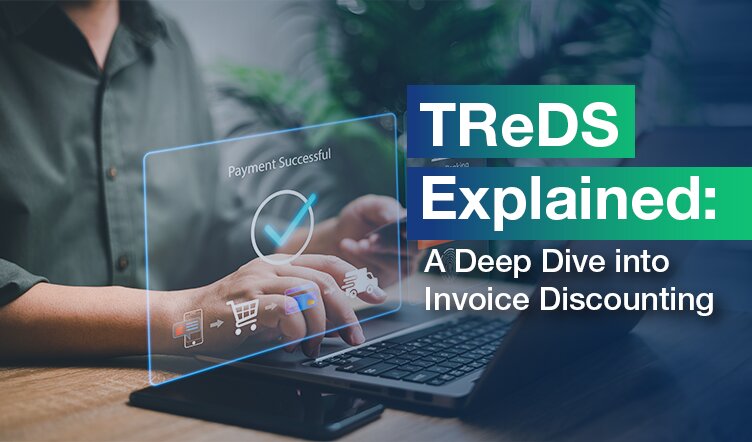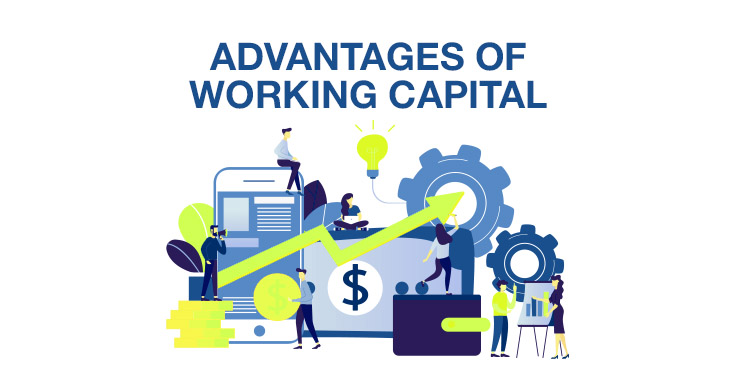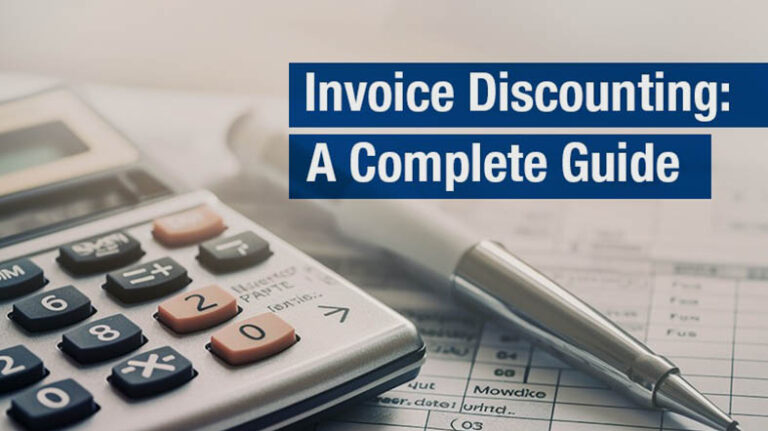How often has one seen a business failed due to excessive outstandings? Even the largest businesses suffer from this, leading them to increase their debt through loans, or they face the biggest threat of closure of the business. Smaller businesses stand absolutely no chance when their outstanding invoices mount beyond a couple of months, as they have limited working capital available. If you don’t have enough money to survive the invoicing period, what would you do? You could have five clients to work with but no resources to make the deal.
Let’s understand this with an example
Your company has just delivered a big project and you have raised the invoice. The client agreed to pay the dues in 40 days. However, meanwhile, you have pitched another big client and he/she wants to start immediately. How will you arrange the money required to kick-start this project?
That is where Bills discounting come in
What are Bills – Based Financing?
Bill discounting is an alternative financing solution for businesses that provides working capital finance by getting your invoices paid, even before the due date.
Bill discounting is defined as the advance selling of a bill to an intermediary before it is due to be paid. In this, a financial institution buys your bills and makes a payment against them immediately, and collects payment from the debtor directly on the due date. So, you don’t have to chase people or wonder if and when your bills will be paid.
This leads to less administrative charges, interest, and fees. These are calculated based on the possibility of non-payment from the buyer, and so a funder looks at the creditworthiness and history of the corporate rather than the enterprise it is funding.
Why Bills Discounting?
It won’t be wrong to say that it is pretty uncommon for businesses to receive timely payments. This, in turn, affects their production cycle, inventory, and newer orders due to a lack of working capital. Also, it may lead to loss of business if they pester customers for the payment and ruin their relations. There is a smart way to overcome this situation, called bill or invoice discounting, which is used by businesses for getting paid against the dues that are yet to be cleared.
How Does Bills Discounting Work?
- Small or medium enterprises raise Invoices against the Corporates (Enterprise/Blue-chip Company/PSUs) for the services provided/goods supplied. The credit period of the invoices (tenor) normally range from 30-120 days.
- To avoid the delay in collections and reduce the risk of collection, they can bring their invoices for Invoice Discounting to TReDS M1xchange and manage collections efficiently.
- In 1-2 days, these invoices are converted to cash and transferred to businesses at a very cost-effective discounting rate.
- Small or medium enterprises complete multiple business cycles in this tenure and upon release of payment from corporate.
Discounting bills provides businesses funds upfront rather than waiting for 30-120 days. The completion of multiple business cycles further helps in improved cash flows and increasing revenue rather than limiting operations due to a lack of funds.
Eligibility Criteria for Bill Discounting
Whether you are a small business or a large corporate, any business can opt for invoice financing. There are a few regulatory requirements, and most financing involves an agreement between parties. You must consider a few things, though, before you jump in.
Invoice financing translates to a deal in which the lender essentially takes over the risk of your outstanding debts. Any lender will, therefore, seek assurance that the bills will be recovered sometime shortly. To this end, financers and factoring companies may demand any or all of the following:
- There should be a written record of the contract and the payment agreed upon by both the parties (the company and the customer)
- There should be a purchase order, in response to the sales order, by the concerned customer
- There should be an invoice raised by the customer for the pending payment
- There should be a fixed date decided for the outstanding payment as promised by the customer
5 Reasons Why Businesses Choose Bills Discounting
Quick access to Working Capital
Businesses that need cash generally tend to apply for bank loans, but bill discounting is preferred by those businesses that require cash more quickly than they are likely to get from banks. It is faster than other loan alternatives, as bill discounting provides liquid cash to businesses when an invoice is issued. It fast-tracks the cash inflow, allowing small businesses work on the next assignment, business expansion, or for repaying outstanding dues, etc.
Collateral Free Financing
Every time a business seeks to get excess funds from a bank or other lenders, it needs to put up collateral against the funds as a guarantee. Many times, for SMEs, these could even be personal assets like gold, property, etc. When it comes to bill discounting, you do not require to present any asset (movable or immovable) as collateral in the discounting process. Only a very small percentage of the fee is deducted from the actual invoice payable, and that is the only cost that you pay to get your payments released.
Discounting Cost
The cost of a loan is essentially the interest that’s charged on the amount that business owners borrow. High-risk businesses are likely to be charged more as they pose a greater risk of default. Invoice discounting has two associated costs: the service fee and the discounting fee. The service fee is a charge made for availing the facility and is usually a percentage of the business’s annual turnover. The discounting fee is the cost of borrowing money. Despite there being two charges, invoice discounting offers by far the more cost-effective lending facility ensuring businesses earn significant profit margins and see a growth in their revenue
Reduced collection period
The time is taken from the delivery of services to producing the bill, waiting for the reimbursement, and then payment to come out as liquid cash is too long. Bill discounting cuts down this collection time period. To restate, the blocked capital is transformed into cash without waiting for the long credit period.
Hassle-Free Bills Discounting
The entire process of discounting bills is carried out by the facility provider or Bills discounting company. Once the businesses give their documents then the facility provider ensures that the funding and repayment process run seamlessly. This way, businesses get to concentrate on their own operations rather than worry about the paperwork.
Conclusion
Bill discounting or invoice discounting are great solutions for your business without compromising your business associations. These quick, hassle-free, off-balance-sheet funding aids businesses in keeping the ball rolling with instant finance. Above all, it makes a win-win situation for all the parties involved – the buyer company, the supplier, and the financial institution involved in the discounting practice.
Also read these – Working capital financing, SME Finance, Invoice Financing, Accounts Receivable Financing, Supply chain financing, Factoring Services
Last modified: November 6, 2023















